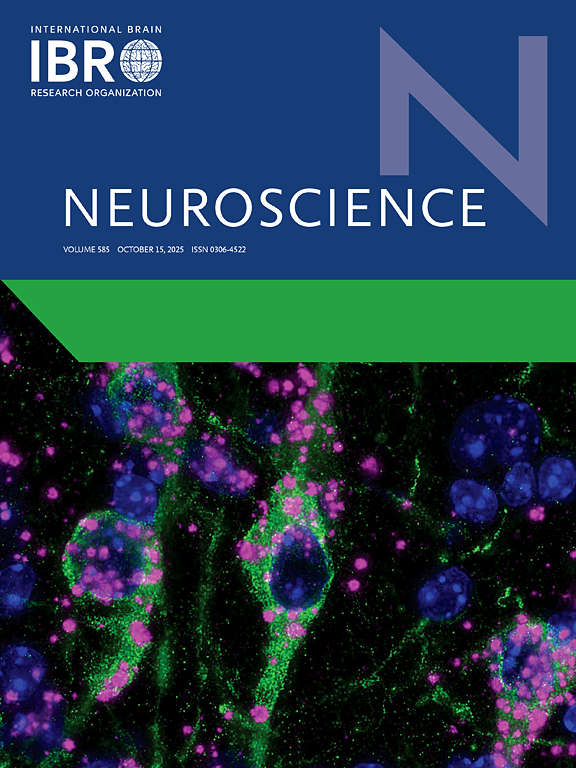Praveen Prem

Neuroscience Master's Student
Neuroscience and Mental Health Institute, University of Alberta
Edmonton, Alberta, Canada
Hi, I'm Praveen :)
I’m a current Neuroscience graduate student at the Neuroscience and Mental Health Institute, University of Alberta, supervised by Dr. Jacqueline Cummine and Dr. Kyle Nash. My current research may be grouped into two themes: (a) cognitive, affective and decision neuroscience, where I apply different approaches of functional neuroimaging methods (fMRI, fcMRI, EEG) to investigate neural correlates of cognitive processes of learning, emotion-driven behavior, and decision-making; and (b) structural neuroimaging using DTI, morphometry methods, and developing segmentation methods for fine-scale structures such as cranial nerve nuclei in the brainstem.
For future direction, I’m steering my research towards decision-making as I’ve been developing a keen interest in inter-temporal choice, self-regulation, and effort. Most real-world and pressing problems, whether at an individual or larger social level, entail making decisions wherein the outcome is delayed. Some applicable examples include climate action/environmental behavior, financial decisions (investment, savings), dietary choices, social policies, and more. It is consistently found that humans underweigh the choices when outcomes are distant. I’m interested in investigating the neural and psychological mechanisms behind discounting effects, at both individual (trait) and event (state effect) levels. I’m curious about asking (a) How does the brain represent distant and abstract contexts? Does it differ from neural processing of decision-making under uncertainty? (b) Does it help us understand why certain individuals show higher trait effect in discounting of value and risk when outcomes are delayed - including those of older age and those diagnosed with depressive disorders? (c) Can we influence this behavior by enabling better representation (prospection, episodic simulation) to ecologically promote healthy behavior change in everday life? I aim to employ methods from neuroeconomics to ask these questions - including neuroimaging, computational modelling, and large field experiments (using smartphone data).
I finished my undergraduate from the University of Alberta with in Psychology (B.Sc. Spec.) in 2023. Before that, I was in a clinical psychology program where I gained experience working with individuals with mental disorders in a psychotherapy setting. This is where I developed a strong interest in sources of irrational thinking such as cognitive distortions, logical fallacies, and biases (both in abnormal and normal populations) that eventually directed my interest towards behavioural economics and the neuroscience behind decision-making.
